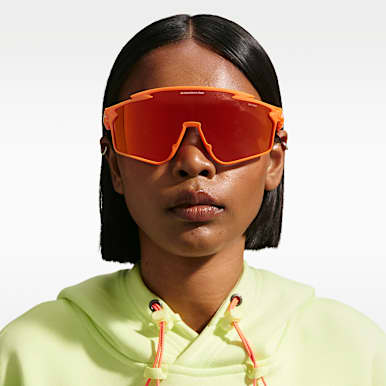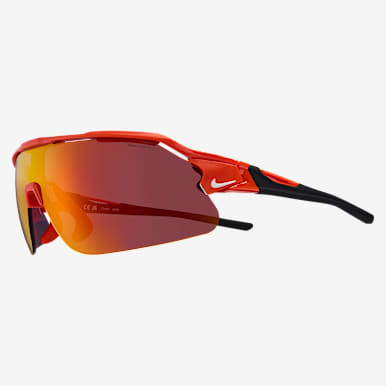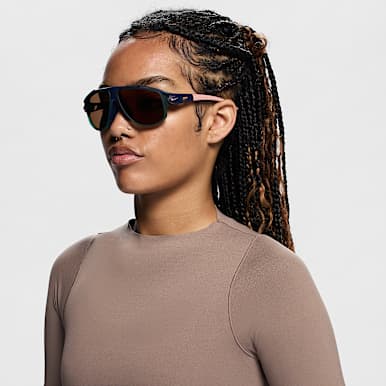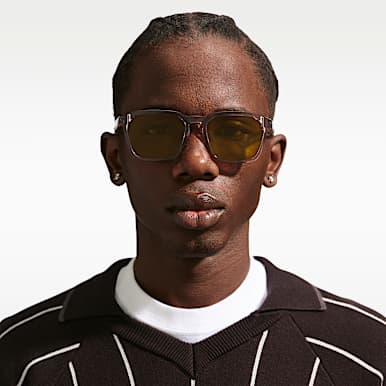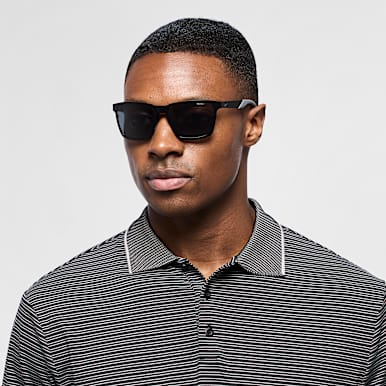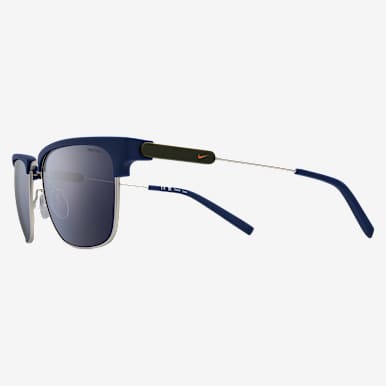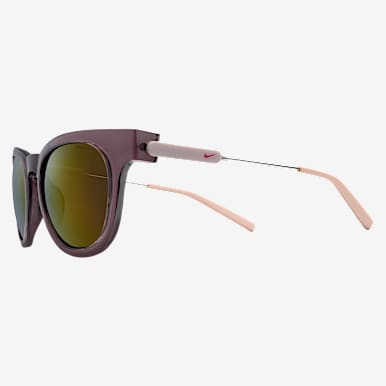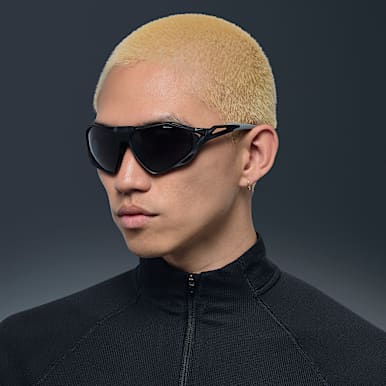3 Potential Benefits of Wearing Blue-Light Glasses
Activity
Doctors explain how the protective eyewear may shield you from eye strain.
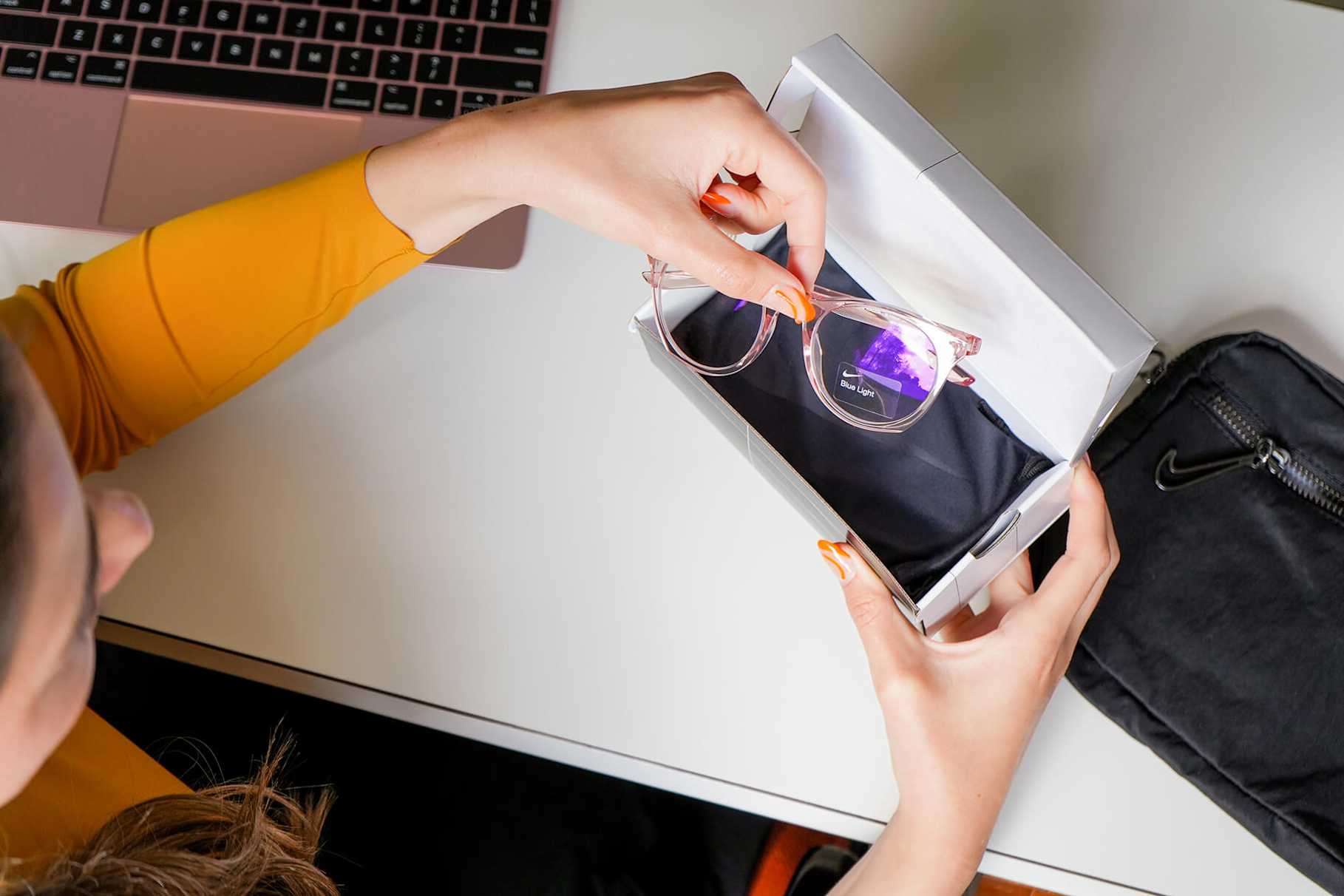
It’s impossible to avoid screens in today’s world, which means it’s also virtually impossible to escape blue light. However, too much exposure to this type of light may cause eye discomfort, including dryness, temporary blurriness, and sensitivity to light. The Vision Council revealed in its 2022 survey that 80 percent of respondents reported some symptoms of digital eye strain, where blue light-blocking glasses may help protect your eyes.
Blue light glasses are specifically designed to reduce your exposure to this type of light, which may prevent symptoms of eyestrain associated with digital screen use.
What Is Blue Light?
Digital devices like smartphones, tablets, laptops and televisions emit blue light, as do fluorescent lights, compact fluorescent light bulbs, and LED lights. However, the biggest source of blue light comes directly from the sun, according to the American Academy of Ophthalmology.
Also known as high-energy visible (HEV) light, blue light is part of the visible light spectrum, said Brian Boxer Wachler, M.D., ophthalmologist and eye surgeon at Cedars-Sinai Medical Center in Los Angeles. Remember learning about ROYGBIV, which stands for red, orange, yellow, green, blue, indigo and violet? All of these colors are on the visible light spectrum, Wachler says, meaning these are the portions of the electromagnetic spectrum that are visible to the human eye.
As the spectrum of visible light travels, wavelengths separate and vary in size, resulting in different colors. The blue light portion of the spectrum is considered to have a short wavelength, ranging from 400 to 500 nanometers, says Tatevik Movsisyan, O.D., a clinical associate professor at The Ohio State University College of Optometry.
Is Blue Light Harmful to Eye Health?
Technically no, but it does have an effect on your eyes and potentially your overall health.
“In animal studies, this [short] wavelength has been shown to be toxic to the retina or the back portion of the eye. However, to date, there is no evidence that blue light causes this type of damage to human retinas,” Movsisyan says.
While research is ongoing, a 2022 scientific review found that artificial blue light does not significantly impact vision or eye health. The AAO also says that current evidence doesn't suggest a link between blue light and damage to human retinas or age-related macular degeneration.
Blue light exposure may offer some benefits. One 2022 systematic review found that athletes who were exposed to blue light experienced some benefits, such as better cognitive performance, enhanced alertness and improved reaction time.
Blue Light and Sleep Disruption
Excessive screen use before bed could disrupt sleep quality. “The blue light from electronic devices doesn’t harm your eyes, but blue light can interfere with sleep because it disrupts melatonin secretion,” Boxer Wachler says.
Melatonin is a hormone that the brain produces in response to darkness to help promote feelings of sleepiness. It also helps with the timing of the body’s internal clock (circadian rhythms), as defined by the National Institutes of Health. Jennifer Tsai, O.D., explains that blue light emitted from digital devices can disrupt the body's natural circadian rhythm by tricking it into thinking it’s still daytime, making it difficult to fall asleep and ultimately reducing sleep quality. (Of course, sleep schedules look different for someone who works the night shift.)
A 2019 review published in Chronobiology International examined the link between light exposure and circadian rhythm and found that two hours of blue light exposure in the evening is enough to suppress melatonin. And a sports medicine review found in a 2022 issue of the journal Frontiers in Physiology revealed that blue light could hinder both sleep quality and duration.
Benefits of Blue-Light Glasses
As more everyday tasks merge into the digital landscape, the more susceptible you become to symptoms linked to excessive screen use. Here’s how blue-light glasses may help you combat eye strain and enable you to power down.
1.May Promote Healthy Sleep
One of the best things you can do before bedtime is to power down screens. But, wearing blue-light glasses may enable you to use screens prior to shut-eye without sacrificing quality z’s. Research has shown blue light-blocking glasses can improve your sleep, Boxer Wachler says.
A review from the 2021 issue of Chronobiology International suggested that blue light-blocking glasses reduced sleep latency (the time it takes a person to drift off to sleep) among those with sleep disorders, jet lag or inconsistent work schedules.
2.May Reduce Light Sensitivity
The artificial blue light from electronic devices could lead to headaches, trouble focusing and light-sensitive eyes, Tsai explains.
“Normally, we would wear sunglasses outdoors to mitigate this effect, as sunlight also emits blue light,” she says. “However, indoors, our eyes are still exposed to blue light from screens, making them more light-sensitive.”
But blue-light glasses may not help remedy digital eye strain. According to a randomized controlled trial published in a 2021 issue of the American Journal of Ophthalmology, blue-light glasses didn’t appear to help prevent or improve symptoms of eye strain after two hours of computer use.
“Sometimes people confuse eye strain and computer vision syndrome with blue light being the cause, but it’s not,” Boxer Wachler says. “The cause of those conditions is excessive time spent on electronics because any long periods of time focusing on anything up close leads the eyes to blink 30 percent less than normal.”
So while blue light is not entirely responsible for digital eye strain, blue light blockers may help with symptoms related to light sensitivity.
3.May Decrease Symptoms of Dry Eye
Since staring at screens for hours can reduce the amount of blinking, Tsai explains dry eye symptoms (such as redness, burning sensation or watery eyes) may surface due to a lack of tear film production.
“Wearing [glasses with] a blue light coating can help reduce glare and light sensitivity, thereby relaxing strain and sometimes improving blink rate,” she says.
According to a small 2016 study, adults with dry eyes who wore eyeglasses with 50-percent blue light-blocked lenses showed improvement in visual acuity. For context, visual acuity is the clarity or sharpness of vision, per the American Optometric Association.
Tips for Buying Blue-Light Glasses
For anyone interested in wearing blue-light glasses, Tsai strongly suggests searching for a pair that filters the entire range of blue light, which is 410 to 460 nanometers. Glasses with an orange or amber tint are designed to block more, if not all, of the blue light, compared to glasses with clear lenses.
“Keep in mind that a blue light coating on glasses does not necessarily imply UV [ultraviolet] coating,” she says. “To ensure UV protection, make sure the lenses you purchase are equipped with it.”
If you’re unsure whether the glasses you’ve bought can block blue light, Tsai recommends making an appointment with an optometrist. “We typically have spectral devices that can test the specifications,” she said.
When To Wear Blue-Light Glasses
Whether or not you need to wear blue-light glasses is completely up to you. “I’ll explain to my patients that there certainly is no downside since these glasses can help with light sensitivity from a long day of screen time,” Tsai says. “If someone chooses to wear blue-light glasses, it's best to wear them whenever they’re looking at any type of digital screen, which includes working on computers, scrolling on phones and reading on tablets.”
Boxer says you can turn off the blue light from all your electronics by going to “Settings,” then “Display,” and select night mode. “This shift removes blue light from your phone and computer. It’s normal for the screen to look a little orange, but most people get used to it.”
Take frequent eye breaks, he adds. “I recommend the 20-20 rule, which is for every 20 minutes of screen time, close your eyes for 20 seconds.” Another variation is the 20-20-20 rule, which entails taking 20 seconds to look away from your screen, specifically looking at something about 20 feet off in the distance, and doing this every 20 minutes.
“A comprehensive exam to determine if prescription glasses are needed or if antireflective coating on glasses, which is known to block some of the blue light, would be beneficial,” she says. When in doubt, talk to your eye doctor about whether or not blue-light glasses would be helpful for you.
Words by Amy Capetta
